Kuya J's Diaries Episode 2 - Solid Waste Management (Composting)
Hello fellow STEEMians!
In this episode, I'll be talking about our environment featuring a small portion of Solid Waste Management.
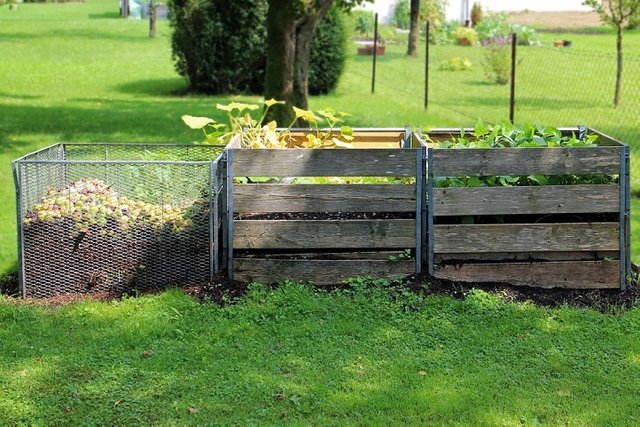
The people in a community generate various types of solid wastes every day as part of their daily routine and the most common type of waste is a biodegradable waste. Biodegradable waste has the ability to break down or decompose back into the natural environment in a form of fertilizer. Examples of these are wastes papers, leaves, food wastes and many more.
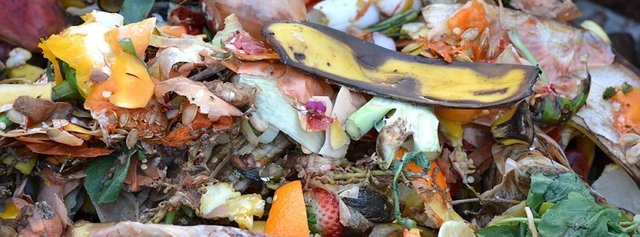
When a waste biodegrades, in the process, it will generate helpful substances to the natural environment and no toxins produced. Many wastes break down in a harmful manner releasing chemicals and toxic substances which are harmful to the soil as well as the environment. Because of this, environmentalist discovered a means to this cause and they have discovered a process called composting.
What is composting?
Composting is commonly referred to as a natural way of recycling that decomposes the organic wastes resulting to the enrichment of the soil and can be used as fertilizer. It is of a great help in the reduction of waste and this can be either ordinary composting or vermicomposting.
Compost is an organic material that can be used as a soil amendment or as a medium to grow plants. It is created by combining organic wastes in proper ratios into piles, rows, or vessels; as necessary to accelerate the breakdown of organic materials.
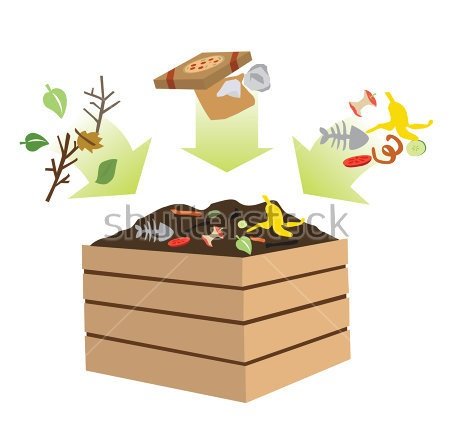
Organic wastes constitute for about 60% of the total solid waste generated together by domestic, institutional and industrial. The frequent fate of these wastes would be in landfills, backyard and the worst scenario would be, finding it in almost everywhere.
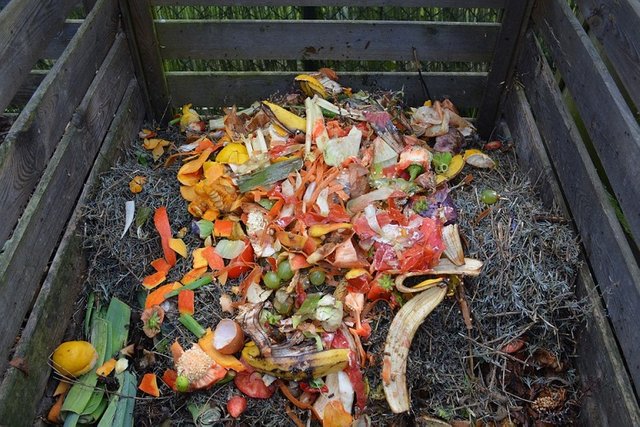
It's easy to learn how to compost however to be able to yield healthy compost, several factors must be properly controlled and these factors involve carbon-nitrogen ratio, moisture content, and pH.
Preparation for Composting
- Prepare the substrates for the composting (paper, cow dung, grass clippings, dried leaves, rice straw, goat dung, saw dust, and decaying fruits or vegetables).
- Calculate the Carbon-Nitrogen Ratio, the weight needed as well as the moisture content needed for the composts to do well.
- Mix properly the substrates in a basin with an appropriate aeration system for an even distribution.
- Observe proper moisture, pH and temperature.
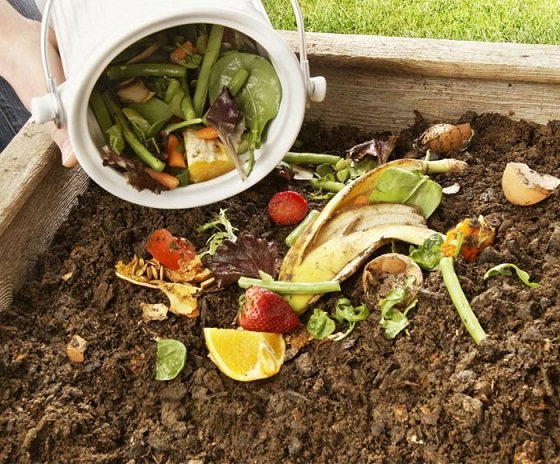
Presence of white mites in the compost indicates high moisture content. In order to minimize the invasion of white mites, daily turning and mixing of the pile is needed.Increase in temperature of the compost pile means correct C-N ratio and faster metabolism takes place. Also, some bacteria are killed in this stage (thermophilic phase).
So there you have it, your very own homemade compost.
Conclusion
Generation of waste is a routine that all of us do every day however there are small ways that we can do to help reduce it and make our environment much more cleaner. As a reminder, we should always practice the 3R's in our daily lives - Reuse, Reduce, Recycle.
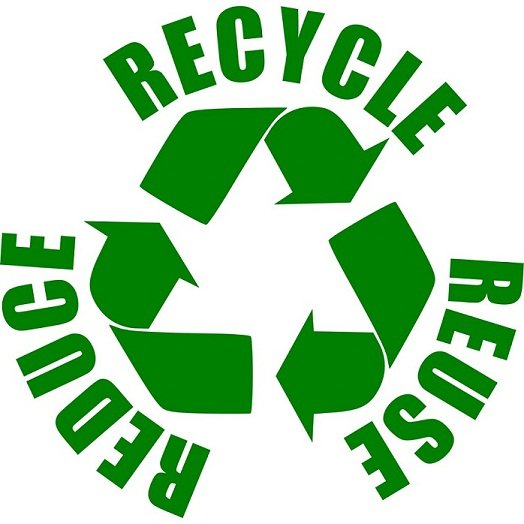
References
- https://www.foodbizsupply.com/what-is-compost
- http://sustainablefoodsystems.com/wp-content/uploads/2012/01/SFS-Compost-article-5-09-_Emily-Brooks_.pdf
- https://en.wikipedia.org/wiki/Compost
- http://www.greenvillesoilandwater.com/composting/
- https://en.wikipedia.org/wiki/Vermicompost
(For the images, they are taken from pixabay.com except for the last two images.)
So that's about it, if you enjoyed reading this you might also like to read my other posts on the link provided below.
- Kuya J's Diaries Episode 1- Journey to New Israel
- The Legend of Mount Mayong ( Ang Alamat ng Bulkang Mayon)
- How To Cook Ampalaya
- Climate Change and Global Warming - Naturally Occurring Phenomena
I love this. Composting is the best way to give back what would other wise be waste. In Seoul we do a kind of "group composting." Food garbage is collected separately and used for fertilizer and methane.
in our environmental innovations, we used foreign countries like Korea, Singapore and other countries as a model to follow since in our country, waste is a very big issues. Many of our natural environment cannot be retrieve because of the garbages that were thrown anywhere, may it be in the ocean, rivers, lakes. Also, on a few City in my country follows a mandated law of garbage separation. That's why as an environmentalist, i am doing what i can to help my country.
Thank you. What country are you in?
Philippines
Oh. I see. You are doing a great thing for your country.
I wish i had a nice outdoor garden! Alas, I only have a small balcony where I do all my gardening! So not much space for compost.
This seems like a great guide though!
Thanks @pandorasbox, you can still contribute in helping our environment though, even in small ways. ")
having a garden in your balcony is already a help.
Huge proponent of composting. Good on you for doing your part and spreading the word.
Thanks @drumoperator, waste segragation is a really big problem in our country that's why i'm doing what i can to help even in small ways.